In 2025, Germany has introduced significant changes to its labour laws aimed at reducing bureaucracy and facilitating digitalisation in the workplace. These changes, encapsulated in the Fourth Bureaucracy Reduction Act (BEG IV), are designed to streamline administrative processes and modernise employment documentation practices.
Key Changes Under the Fourth Bureaucracy Reduction Act
The BEG IV, effective January 1, 2025, allows several employment-related documents to be handled digitally, eliminating the need for formal written forms with wet ink signatures. This shift towards digitalisation includes the following key updates:
- Terms of Employment: Employment contracts can now be concluded completely digitally if agreed upon in text form. This means that an email with a scanned signature may suffice for open-ended employment contracts
- Automatic Retirement Clauses: These clauses can now be documented and agreed upon electronically, streamlining the process for both employers and employees
- Temporary Employment Agreements: Digital agreements are now valid for temporary employment, reducing the need for physical paperwork
- Parental Leave Requests: Employees can submit parental leave requests electronically, making the process more efficient and accessible
- Reference Letters: Employers can issue reference letters in digital form, simplifying the documentation process
How the BEG IV Will Affect Businesses
These changes are designed to reduce bureaucratic hurdles and promote efficiency within HR departments. By allowing digital documentation, businesses can streamline their administrative processes, save time, and reduce costs associated with physical paperwork. However, it is important to note that certain sectors, as listed in § 2a of the Act to Combat Clandestine Employment (SchwarzArbG), still require handwritten signatures for specific documents.
Germany Labour Law Legislative Updates
In addition to the BEG IV, other significant legislative updates in 2025 include:
- EU AI Act: Effective from February 2, 2025, this act introduces regulations on AI systems, with further provisions on general-purpose AI models and sanctions taking effect in August 2025
- Self-Determination Act: Effective late 2024, this act mandates that employers update relevant documents for transgender, intersex, and nonbinary employees upon request, with fines up to EUR 10,000 for non-compliance
Leap29 makes onboarding fast, compliant and stress-free – so your people feel supported from day one.
Stronger Global Compliance Management
Germany’s move towards digitalisation in labour law reflects a broader trend of embracing technology to improve workplace efficiency. The Fourth Bureaucracy Reduction Act is a significant step in reducing administrative burdens and facilitating a more modern, streamlined approach to employment documentation. Businesses should take advantage of these changes to enhance their operational efficiency and stay compliant with the new regulations.
Expanding into Germany?
Navigating the complexities of Germany’s labour laws isn’t an easy feat. Leap29 takes the stress out of expanding into Germany, with EOR Services, PEO Services, Employment Contracts, Entity Set Up, Payroll Solutions and Work Permits and Visas for Germany.
To speak to ur team of expansion experts, call us today on +44 (0) 20 8129 6860 or email us at expansion@leap29.com.





